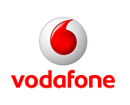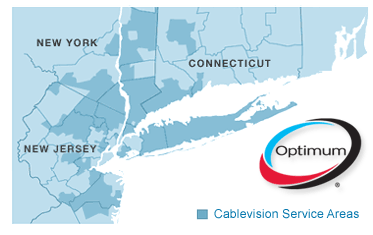On the heels of Time Warner Cable’s recently announced return to usage-based billing, some Wall Street analysts are sending signals they expect the cable operator not to dabble in usage-based pricing for long, but rather jump right in, charging all of their customers usage fees to boost revenue and profits.
Time Warner Cable’s careful effort to position usage pricing as an “option” does not seem to impress Sanford Bernstein’s Craig Moffett, who expects the cable company to roll out Internet Overcharging schemes to all of their customers.
“Over a period of years, as the market becomes more accustomed to (usage-based pricing), we expect these plans to become the rule rather than the exception,” Moffett wrote in a research note to his investor clients.
The concept of usage pricing is also provoking Netflix, dubbed one of the net’s biggest usage offenders by some providers, to become more vocal in its support for flat rate broadband.
With some Netflix movies coming in at nearly 3GB in high definition, Time Warner’s usage-limited Internet Essentials customers will rapidly erode their usage cap into the overlimit territory.
Netflix executives dismiss provider claims that broadband traffic explosions are undermining profits, especially considering the cost of delivering broadband traffic to consumers continues to plummet.
One Wall Street analyst looking to maximize those provider profits chastised Reed Hastings, founder of Netflix, for putting service providers under “financial pressure.”
 “Yeah, that 92% Comcast operating margin is really under a lot of pressure,” Hastings responded at the Morgan Stanley Technology, Media and Telecom conference in San Francisco. “There is no financial pressure on ISPs.”
“Yeah, that 92% Comcast operating margin is really under a lot of pressure,” Hastings responded at the Morgan Stanley Technology, Media and Telecom conference in San Francisco. “There is no financial pressure on ISPs.”
Variety reports Time Warner has said nothing about keeping flat rate broadband at its current $40-50 price point.
Moffett points out there is plenty of room for Time Warner Cable to accustom subscribers to a metered future.
The analyst believes Time Warner will eventually move flat rate Internet to an “ultra premium” price point that will be far more expensive than customers today are accustomed to paying.
In 2009, Time Warner offered customers scheduled to participate in its failed usage pricing experiment flat rate service for $150 a month.


 Subscribe
Subscribe






